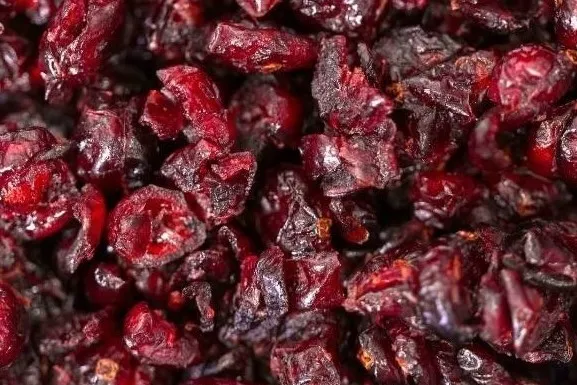A new frontier in the valorization of cherries comes from the United Kingdom, where a research team at the University of Kent has developed a cherry-based powder that could offer significant benefits in preventing Alzheimer’s disease.
So far, several studies had already highlighted how the consumption of cherries, particularly in juice form, could improve cognitive functions in people with mild to moderate dementia. But the British researchers believe that transforming the fruit into powder allows for better preservation and concentration of its active compounds.
The power of anthocyanins
The strength of this innovation lies in the ability of cherry powder to retain anthocyanins, powerful antioxidants naturally present in the fruit. These molecules, known for their role in counteracting oxidative stress, have been linked in several studies to the prevention of cognitive decline.
The approach of the scientists at the University of Kent’s School of Natural Sciences was both scientifically rigorous and sustainable: for the production of the powder, damaged or discarded cherries were used, which otherwise would have ended up as agricultural waste. In the laboratory, the resulting compound showed protective properties against cellular mechanisms associated with age-related diseases, including Alzheimer’s.
Local collaboration and global vision
The project is led by Dr. Marina Ezcurra, who highlights the importance of working with local growers: “Working with local farmers has been essential. We are showing that agricultural by-products are not just a problem, but can become part of the solution to developing healthy, sustainable, and affordable foods.”
The project also involved Rent A Cherry Tree, a farming enterprise specializing in cherry cultivation in Northiam, East Sussex. Together, the university and the agricultural sector are charting a concrete path toward a circular economy and food innovation.
Next steps and perspectives
The researchers hope this discovery can be applied on a large scale, not only in Kent but also in other agricultural areas. The current goal is to expand studies to test the effects of cherry powder on humans, opening new perspectives in the prevention of neurodegenerative diseases through nutrition.
Text and image source: www-bbc-co-uk.cdn
Cherry Times - All rights reserved











